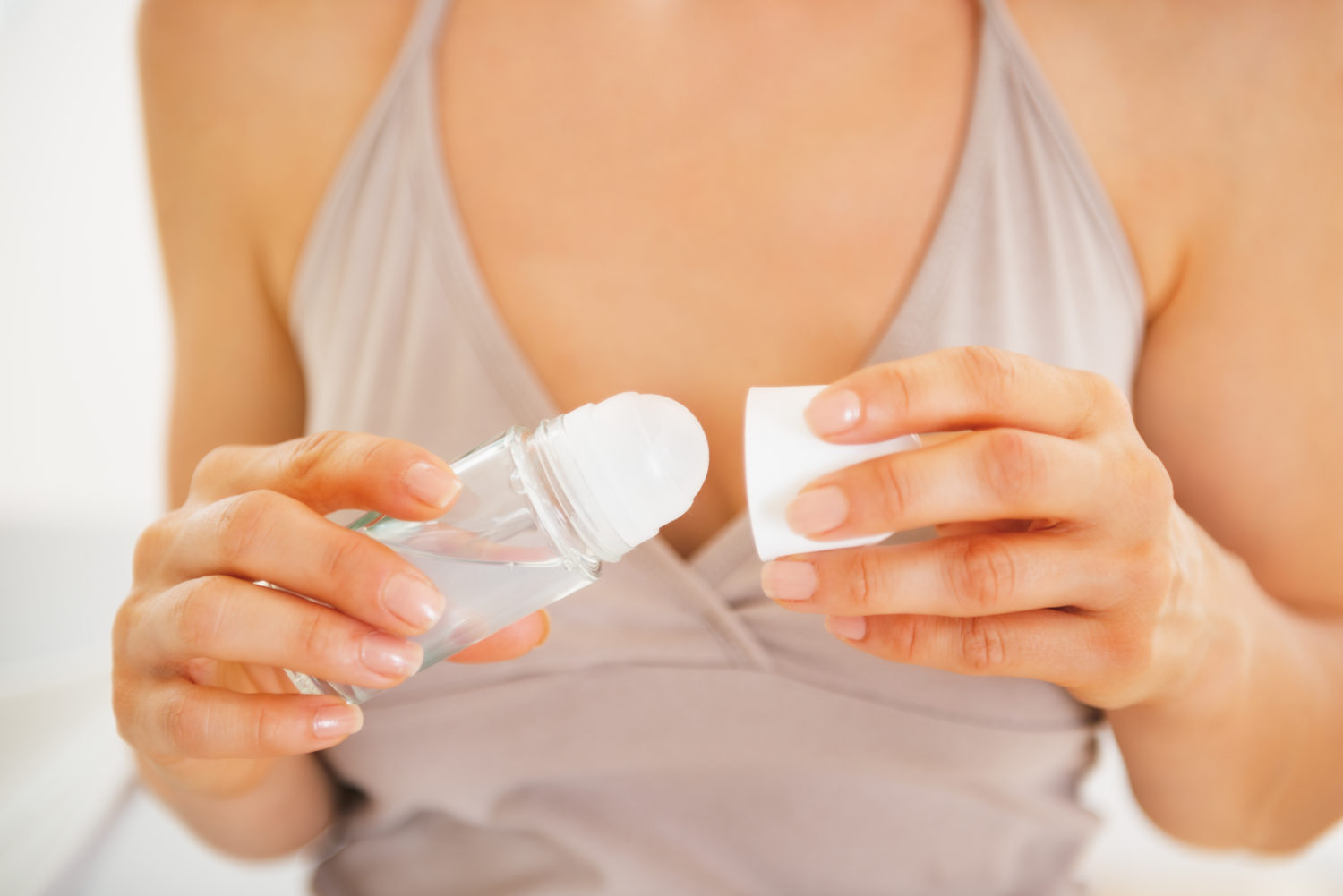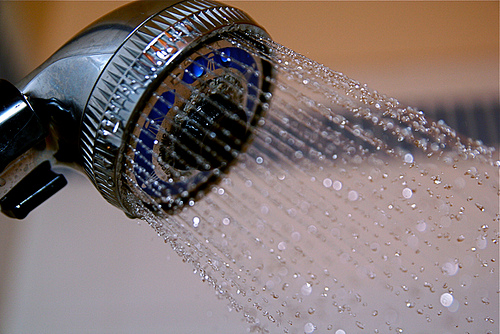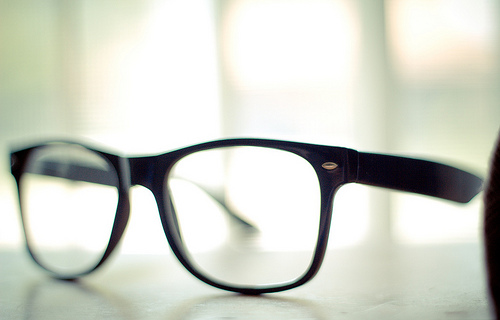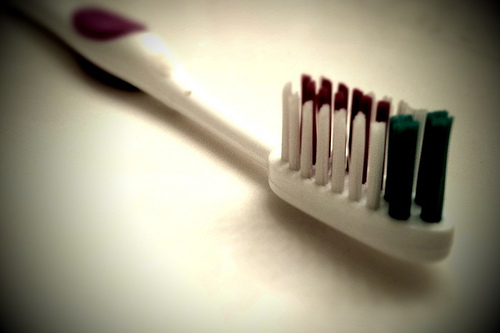Here’s Why You Should Put Deodorant On At Night (And Other Hygiene Tips Backed By Science)

Routines are supposed to be automatic. We don’t have to think about our daily hygiene if we’re doing it every day. Right?
Well, maybe. But, maybe not. Do you know how long you should brush your teeth or comb your hair? Do you even need to floss anymore?
To find out, we consulted guidelines from medial associations and professionals and created a hypothetical perfect day of hygiene for you. You might be surprised by some of the things you’ve been doing wrong.
7:15 a.m.: Shave
Oh, no. You cut yourself shaving. Probably time to change blades.
But how often should you change blades? Whenever the blade feels like it’s pulling on the skin, the blade is probably dull. To keep blades sharp, just rinse them in hot water after use and let them air dry so they don’t rust.
7:30 a.m.: Spritz Water On Hair
You don’t have to wash your hair every day. Your hair has natural oils, and every time you wash it, you’re not letting those natural oils do their job. If you have normal or dry skin, washing your hair once a week should be sufficient.
You also don’t need to shower that often—only once every two to three days. Of course, take a shower after exercising often or live in an area known for its humid climate.


7:50 a.m.: Cut Toenails And Fingernails
Keep your nails looking healthy by cutting them once every week or two.
8:10 a.m.: Floss? Maybe?
You might not have to floss. A recent AP report stated there haven’t been many studies on the effectiveness of flossing. Without the proper information, we don’t know if flossing is considered a necessity in daily hygiene.
10:00 a.m.: Clean Glasses
Whenever you clean your glasses—hopefully it’s regularly—never use your shirt. All you need is dishwashing soap, water and a clean cotton cloth to clean your smudgy specs.


1:00 p.m.: Mouthwash After Lunch (Optional)
If you’re using mouthwash, don’t do it after brushing your teeth. But mouthwash is a good supplement to brushing teeth, as it contains floride, which helps prevent tooth decay.
9:30 p.m.: Shower (If You’re Oily)
If you have oily skin, take a shower at night.


10:00 p.m.: Brush Teeth!
Right before going to bed is the optimal time for brushing your teeth. You’re supposed to brush twice a day for the duration of the National Anthem, but you can get by with only brushing once.
Saliva helps prevent cavities, but you salivate less when you sleep; therefore, cavities are more likely to form at night. With a solid brushing at before you turn in, you’ll hopefully have fewer cavities.
10:03 p.m.: Put On Deodorant/Antipersperant
Most deodorants and antipersperants are designed to last for 24 hours, so why put it on at night instead of the morning? Antipersperants close your armpit’s sweat ducts. You don’t sweat much at night. Instead of making them working harder in the morning (when you’re moving around and sweating), give antiperspirant and deodorant more time to work when you’re sleeping.

